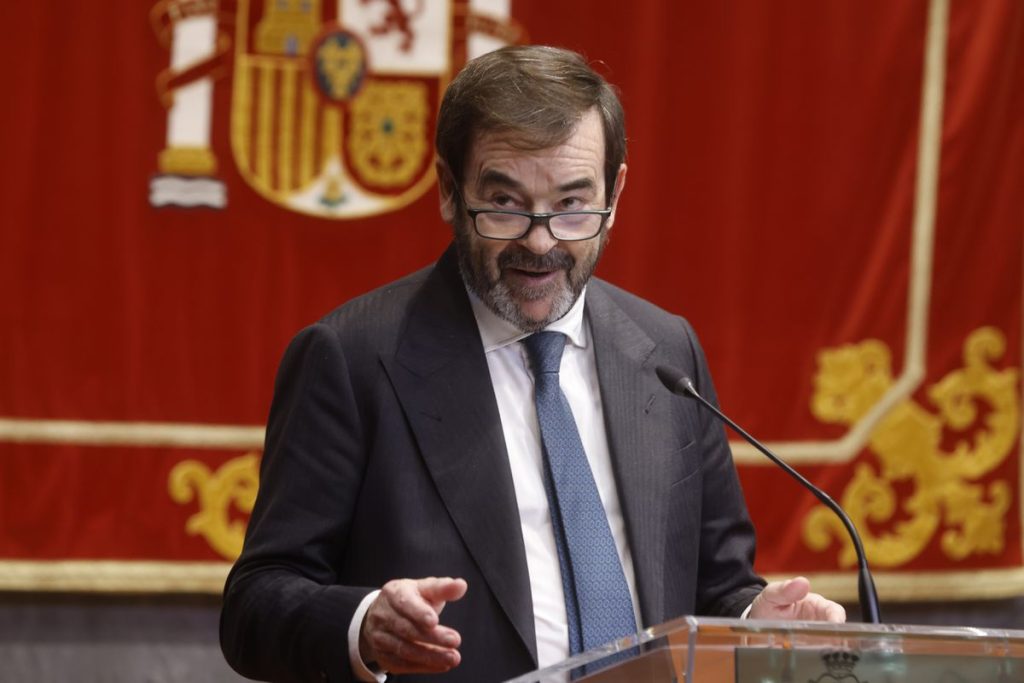The appointment of the new acting director of the Judicial School, following the resignation of the previous head of the center, has divided the permanent commission of the General Council of the Judiciary (CGPJ). Three out of the four conservative members of this body have filed a written complaint against a decision made by the acting president, Vicente Guilarte, to not include the appointment of the new director in the agenda of the meeting on April 4th. The conservatives had requested a vote on the appointment, but Guilarte decided to have the two candidates present their projects at the next meeting on April 9th, after which the voting would take place.
The selection of the new acting director of the Judicial School, an institution based in Barcelona that coordinates the training of new judges, has become a new source of conflict among the CGPJ members. The previous head of the center, Jorge Jiménez Martín, resigned a few weeks ago, and sources suggest that some conservative members want to appoint a female lawyer from the CGPJ to lead the institution from Madrid. The two candidates who will have to present their projects are María Jesús Millán, director of continuing education at the CGPJ in Madrid, and Clara Carulla, the second in command at the school based in Barcelona. The conservative majority supports Millán with the intention of having her lead the institution from a distance, a proposal opposed by the progressives and Guilarte himself, who was appointed by the PP and is affiliated with the conservative sector but does not agree with the majority consensus on this and other issues.
The proposal made by the councilors Llombart, Ballestero, and Carmona accuses Guilarte of violating the CGPJ rules, which state that councilors have the right to submit written proposals to be included in the agenda of the council meetings. According to the councilors, the president “has deprived the Permanent Commission of the legitimate exercise of its functions by depriving the collegiate body of the possibility of discussing and, if necessary, deciding on the legal appointment procedure, replacing it with a personal decision,” turning the commission “into a mere echo chamber of his will.” The councilors also complain that Guilarte has mandated their in-person attendance at the interviews with the candidates, despite the option for remote participation permitted by the rules.
Prior to submitting their written complaint, the councilors had requested Guilarte to reconsider his decision, but upon his refusal, they formally registered their protest, which holds symbolic value. The disagreement over the appointment of the new acting director reflects deeper divisions within the CGPJ, with different factions advocating for their preferred candidate to lead the Judicial School. The clash between the conservative and progressive members of the CGPJ highlights the ongoing power struggle within the judiciary and the challenges faced in reaching consensus on important decisions. The outcome of this situation will have implications for the autonomy and functioning of the Judicial School, as well as for the overall dynamics within the CGPJ and its decision-making processes.


